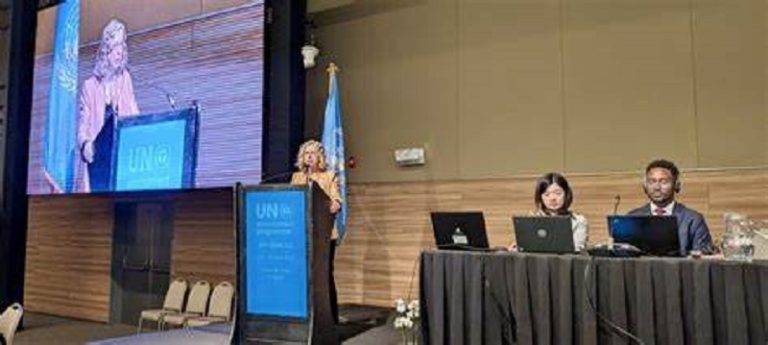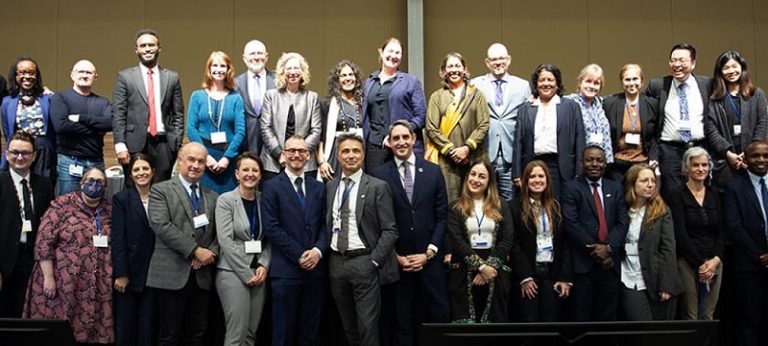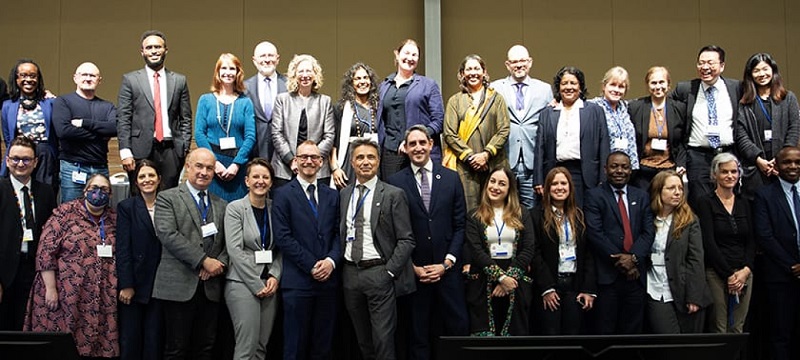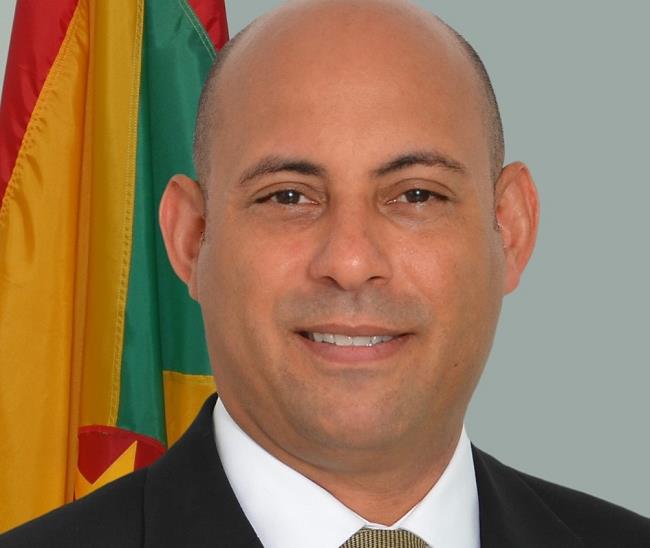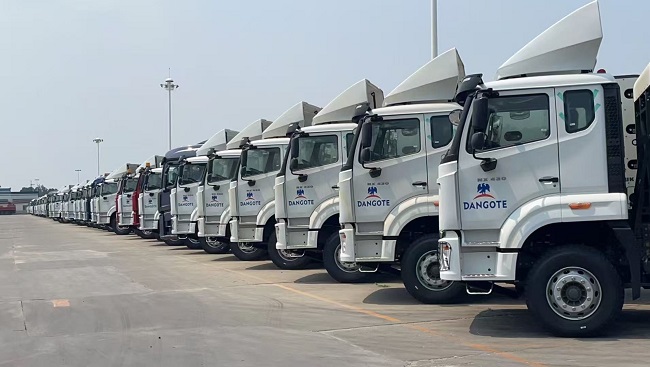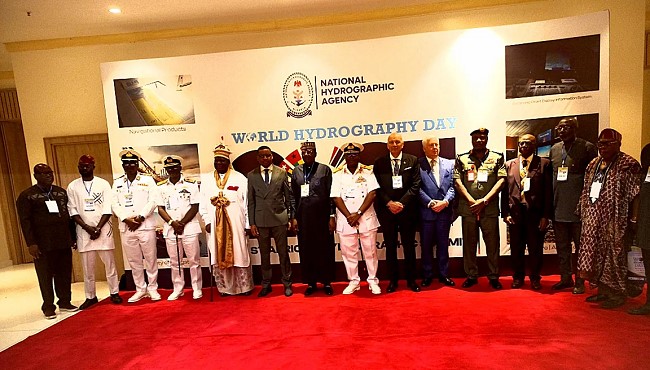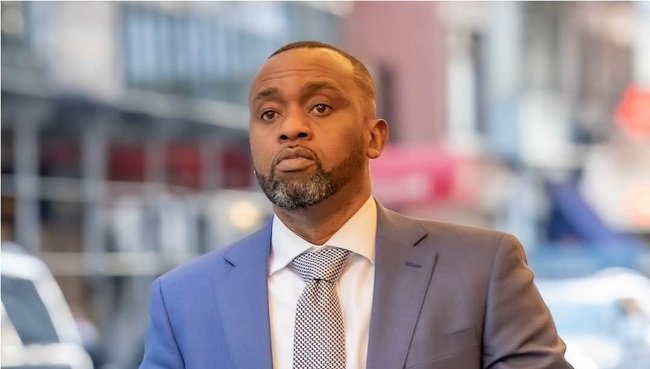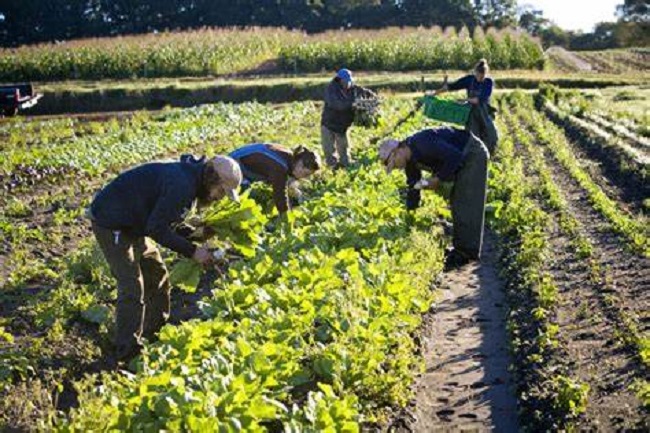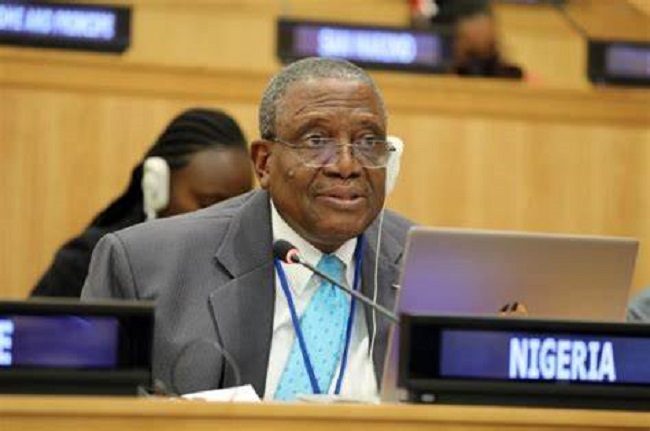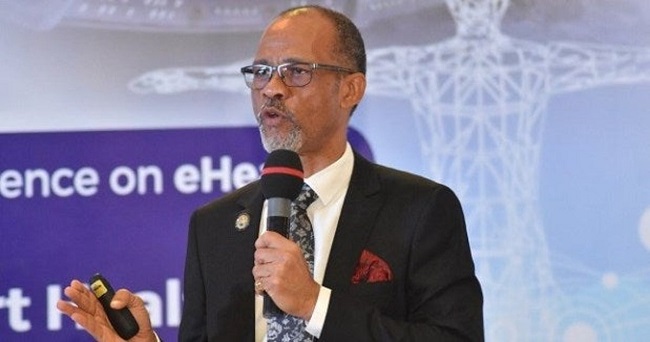Closing remarks by Inger Andersen, Executive Director of the United Nations Environment Programme (UNEP), at the Intergovernmental meeting to establish a science-policy panel to contribute further to the sound management of chemicals and waste and to prevent pollution, in Punta del Este, Uruguay, on Friday, June 20, 2025
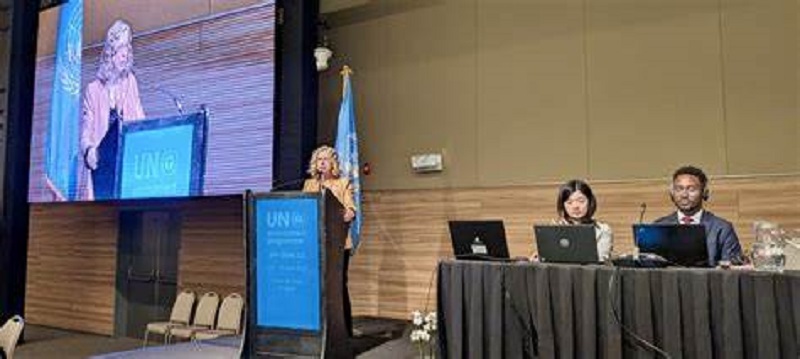
Today we made history. By agreeing to this critical science-policy panel on chemicals, waste and pollution prevention, we showed that multilateralism is alive and well. Even in deeply complex times we showed that, yet again, environmental multilateralism is delivering.
You have demonstrated that you know that global problems require global solutions. That you are determined to act in this regard. That you recognise each of the elements of the triple planetary crisis needs independent and inclusive science. Therefore, you have established this critical panel, completing the “trifecta” of science panels under the UN system.
Today is a momentous day. Let it be said that today was the first major step we collectively took to usher in a new future on the sound management of chemicals and waste and pollution prevention.
Every voice mattered in this journey. Each country, scientists, Indigenous people, youth, business, non-governmental organizations and all Major Groups have made their voice heard. We know that your voice is critical. We see you all and I thank you all.
And let me say that UNEP is honoured to provide the secretariat for this important panel – an honour we do not take lightly or for granted. We are already hosting the Intergovernmental Platform on Biodiversity and Ecosystem Services (IPBES) and – together with our friends at the World Meteorological Organisation – the Intergovernmental Panel on Climate Change (IPCC). We are proud to also host this new panel
Let me also take this opportunity to thank so many people involved. The Chair of the Open-Ended Working Group (OEWG) that put forward the proposals for the panel, Gudi Alkemade. The OEWG Bureau and negotiators. Our two Intergovernmental Meeting co-chairs, Ambassador Madame Laura Dupuy Lasserre and Vice-Minister Yutaka Matsuzawa. My brilliant UNEP colleagues, who have been working tirelessly. Our UN colleagues from across the UN family, who also have been working on this since the UN Environment Assembly resolution requesting this panel. And finally, the staff working hard here in this venue, from service staff to the interpreters.
Now we move on from this historic day to the hard work of making our decisions here in Punta del Esta a reality – a journey we will take together. One that will be inclusive, transparent and deliver the best independent science that this panel can provide.
I do believe that the beautiful setting here has inspired us. By the kindness of Uruguay, that has generously given us the diversity of seeing all the seasons every single day. By the morning fog that reminds us that things are at times not as clear as we might wish. By the blue skies that give us warmth and hope. And by the ocean that hugs us all and encourages us all to reach for the endless horizon.
Now our focus turns to operationalising the panel so that it can quickly and effectively support countries with the science they need, safeguard our environment, and protect generations to come.
The world wanted this panel.
The world needed this panel.
And, thanks to you all, the world now has this panel.
We look forward to seeing you in Nairobi in December for the seventh session of the United Nations Environment Assembly, where we will surely celebrate this win.

